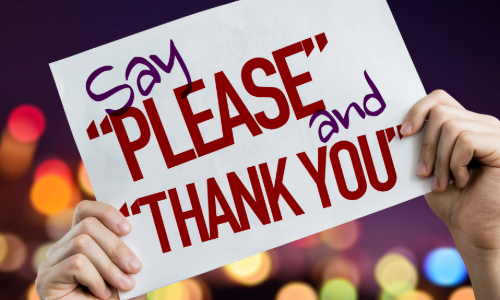When it comes to interview etiquette, a few key tips can make a significant difference. For details on how to prepare for an interview, refer to our other blog: Interview Tips and Tricks. Here, however, we’ll focus on the soft skills that distinguish a good candidate from an exceptional one who secures the job offer.
First and foremost, it’s essential to look presentable. While today’s culture, particularly in creative fields, often embraces a relaxed vibe, there’s a time and place to put your best foot forward—during an interview is one of those times. Consider two candidates, Tom and Jerry. Tom possesses the ideal skill set for the job and answers every question flawlessly. However, his disheveled appearance doesn’t align with someone expected to face clients and represent the company. On the other hand, Jerry has less experience, answers most questions adequately, but looks sharp and professional. The employer chooses Jerry, recognizing that while they can train him to fill skill gaps, Tom’s presentation would require a different kind of training they’re not willing to provide.
Punctuality is critical—arriving on time and on the correct day is non-negotiable. If you have an interview scheduled, ensure your calendar is up to date. Employers rearrange schedules and prioritize interviews, so it’s crucial to respect their time. Showing up on the wrong day or at the wrong time sends the message that you believe your time is more important than theirs, which can come across as disrespectful and inconsiderate.
When it comes to conversation topics or jokes, keep things light and professional. Avoid crude jokes, political rants, or any comments that could be perceived as offensive regarding race, religion, or other sensitive topics. Your tone and content during and after an interview matter. For instance, if Jenny conducts herself professionally during the interview but makes an inappropriate joke about race afterward, it’s still unacceptable. Such behavior can make others uncomfortable and contribute to a toxic work environment, which employers will likely want to avoid.
Politeness goes a long way. Simple expressions like "please" and "thank you" speak volumes during a conversation, especially following an interview. Imagine a scenario where a client is deciding between two equally qualified candidates. One candidate sends a brief thank-you email after the interview, expressing gratitude for the opportunity. The other candidate does not. The one who sends the thank-you note often stands out and may be chosen for the job.
At Certified, our recruiters are dedicated to screening for these types of red flags, so you don’t have to. Interview etiquette can be the deciding factor between making a new hire or passing on a candidate. If you’re ready to meet candidates with the right approach, contact our team and get started today.

